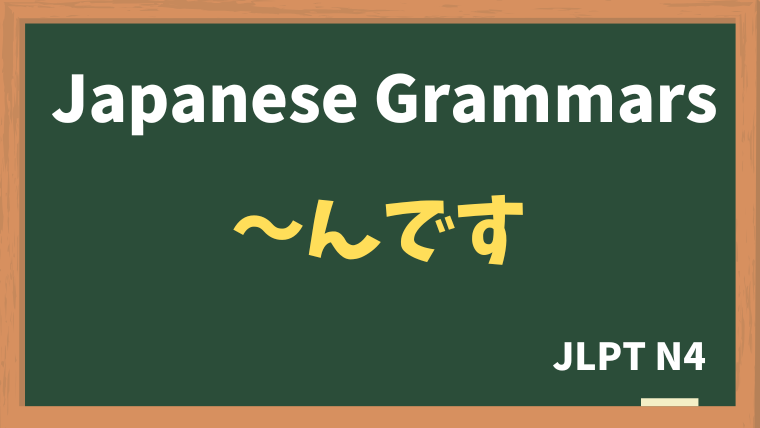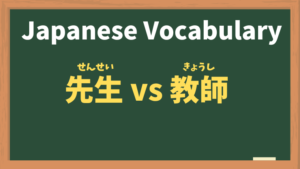
Contents
Explanation:〜んです
fa-check-circleMeaning
Used to emphasize explanations, reasoning, or to add nuance to what the speaker is saying. It’s often added to a sentence to express curiosity, make clarifications, or seek confirmation, making conversations feel more personal and engaging.
fa-check-circleForm
Verb (plain form) + んです
い-adjective + んです
な-adjective + な + んです
Noun + な + んです
fa-check-circlePoints
- Explanation and Clarification: 〜んです is often used to give additional context or explain a situation, especially if the speaker assumes the listener might want to know more.
- Seeking or Showing Empathy: When asking questions, 〜んです shows interest or concern about the other person's situation, making it sound more thoughtful.
- Softer Tone: Adding 〜んです softens the sentence, giving it a more conversational or nuanced feel compared to a straightforward statement.
fa-check-circleJLPT Level
N4
Sample sentenes
Questions Showing Interest or Curiosity
〜んですか adds a gentle, empathetic tone to the question, showing interest in the reason behind the action. By using 〜んですか, the speaker adds curiosity or seeks an explanation.
どこで その 本を 買ったんですか?
Where did you buy that book?
どうして 学校に 行かないんですか?
Why aren’t you going to school?
何を しているんですか?
What are you doing?
Explanations or Reasons
A:どうしたんですか。
B:頭が いたいんです。
A:What's the matter?
B:I have a headache.
ヒーターを つけてもいいですか。へやが さむいんです。
Could I turn on the heater? The room is cold.
Seeking Confirmation or Justification
The question is softened, showing interest without sounding too direct.
この やり方で あっているんですか?
Is this method correct?
このレポート、明日までに ていしゅつしないと いけないんですね?
I have to submit this report by tomorrow, right?
Expressing an Unusual Situation or Surprise
もう おわったんですか?
It’s already finished?
えっ、あの人が 先生なんですか?
Wait, that person is the teacher?
Vocabulary
| Japanese | English |
| ヒーター | heater |
| 提出する(ていしゅつする) | to submit |






